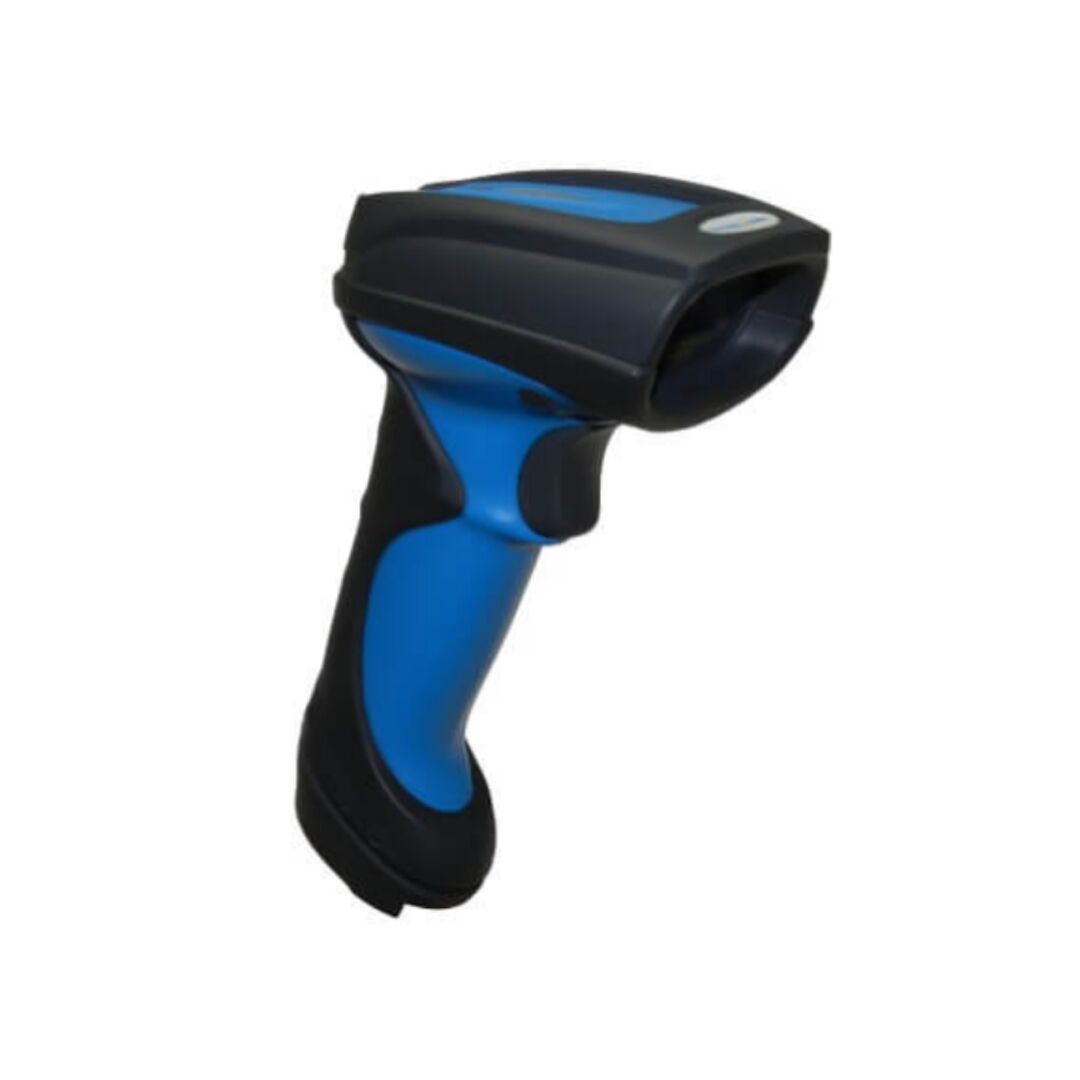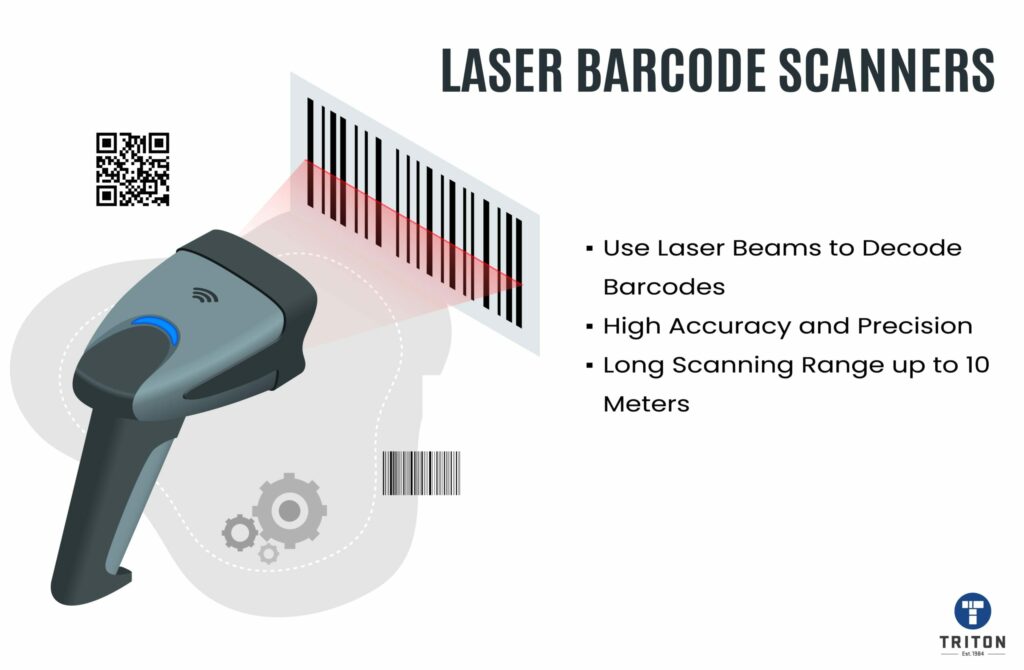Why Barcode Scanners Are Important for Modern Retail and Warehousing
In the swiftly developing landscape of retail and warehousing, the integration of barcode scanners has actually come to be an essential component in streamlining operations and improving accuracy. By automating data entry processes, these devices not just reduce human error yet additionally considerably boost inventory administration and check out effectiveness. As organizations aim for competitive advantage, comprehending the complex benefits of barcode technology reveals its vital duty in optimizing source allotment and cultivating robust provider connections. The implications of these advancements raise better concerns concerning the future trajectory of barcode technology and its effect on industry criteria.
Benefits of Barcode Scanners
Barcode scanners offer numerous advantages that significantly enhance functional performance in retail and warehousing atmospheres. The automation of information entrance processes removes the errors generally related to hands-on input, bring about enhanced precision in supply tracking and sales transactions. With the capacity to swiftly check items, organizations can accelerate check out times, improving the client experience and reducing wait times.
Additionally, barcode scanners promote real-time data collection, permitting prompt updates to stock levels and sales documents. This capability allows organizations to respond quickly to modifications in demand and enhance stock degrees, minimizing excess supply and decreasing stockouts. Additionally, the integration of barcode scanners with inventory monitoring systems simplifies procedures such as order satisfaction and product returns, even more improving functional performance.
Price cost savings are another essential benefit. By reducing labor costs related to hand-operated inventory administration and reducing mistakes that can result in economic losses, barcode scanners add to general profitability. Moreover, their simplicity of use and portability make them available for personnel training, making sure that employees can quickly become skilled in their procedure. Generally, the application of barcode scanners is a tactical investment that generates substantial returns in effectiveness and operational excellence.
Enhancing Stock Monitoring
Reliable supply administration is pivotal for preserving operational performance in retail and warehousing settings. Barcode scanners play an essential function in this process by simplifying the monitoring of inventory degrees, product areas, and supply movements. By automating information capture, these devices lessen human error, causing more precise inventory documents.
Utilizing barcode scanners allows real-time visibility right into supply quantities, allowing services to make educated choices pertaining to reordering and supply rotation. This immediacy aids protect against overstocking or stockouts, both of which can negatively affect customer fulfillment and earnings margins.
Additionally, barcode scanning promotes reliable stock audits. With fast scanning abilities, team can perform stock checks quickly, guaranteeing that disparities are determined and corrected promptly. Improved stock precision not only supports functional performance yet additionally enhances connections with vendors, as precise data can cause much better settlement terms and enhanced order satisfaction.

Improving Check Out Performance
As customers significantly require quicker and extra efficient purchasing experiences, enhancing checkout processes has actually come to be a top priority for sellers. Implementing barcode scanners plays an essential role in this undertaking, considerably enhancing the deal procedure. By allowing cashiers to scan things quickly, barcode innovation decreases the time invested in each sale, hence shortening overall wait times for consumers.
In addition, barcode scanners assist in the exact identification of products, reducing the potential for mispricing and making sure that customers are charged correctly. This effectiveness not only enhances consumer fulfillment but likewise improves the seller's operational performance. With the ability to refine multiple items in fast succession, merchants can manage high quantities of transactions throughout height buying hours without compromising service quality.
Additionally, incorporating barcode scanners with point-of-sale systems enables real-time inventory updates, providing valuable insights into stock degrees. This immediacy enables merchants to manage stock extra effectively, ensuring that preferred products stay in stock and reducing the probability of shed sales. Overall, the adoption of barcode scanning innovation is important for boosting check out visite site efficiency, inevitably leading to enhanced consumer experiences and enhanced sales for sellers.
Decreasing Human Mistake
In retail and warehousing environments, the execution of scanning technology dramatically minimizes human error during deals. Typical manual entry of product details is susceptible to blunders, including inaccurate pricing, misidentified products, and data entrance mistakes. barcodes scanners. Barcode scanners simplify this process by automating the capture of thing information, guaranteeing accuracy and uniformity
By using barcode scanners, staff members can quickly check items instead than by hand inputting details. Barcode scanning alleviates these dangers by boosting the precision of stock matters and sales records.
In addition, barcode scanners enhance accountability within the labor force. With clear information trails produced through scanning, inconsistencies can be determined and resolved quickly, promoting a society of precision. barcodes scanners. The reduction of human error not just boosts functional effectiveness yet additionally develops consumer trust, as consumers obtain the correct products at the right costs. In general, the adoption of barcode modern technology is a vital action toward accomplishing functional quality in retail and warehousing setups.
Future Fads in Barcode Innovation
The advancement of barcode technology is poised to change retail and warehousing operations in the coming years, driven by developments in automation, data analytics, and mobile combination. As markets progressively take on Web of Points (IoT) systems, barcode scanning will come to be important to real-time inventory administration and address supply chain optimization. Boosted data analytics capacities will certainly make it possible for organizations to harness scanned info for anticipating analytics, boosting need forecasting and supply turnover.

Furthermore, the integration of fabricated intelligence with barcode modern technology assures to streamline procedures via wise recognition and mistake detection. As artificial intelligence formulas examine checked information, they can offer insights that help prevent stockouts and overstock scenarios.

Final Thought
In final thought, barcode scanners play a pivotal role in modern retail and warehousing by enhancing inventory monitoring, improving check out effectiveness, and significantly decreasing human mistake. The combination of barcode technology not only enhances operations but also promotes far better Learn More Here supplier connections and maximizes resource allotment. As technology continues to evolve, the future of barcode scanning assures more innovations that will drive functional effectiveness and productivity in increasingly open markets.